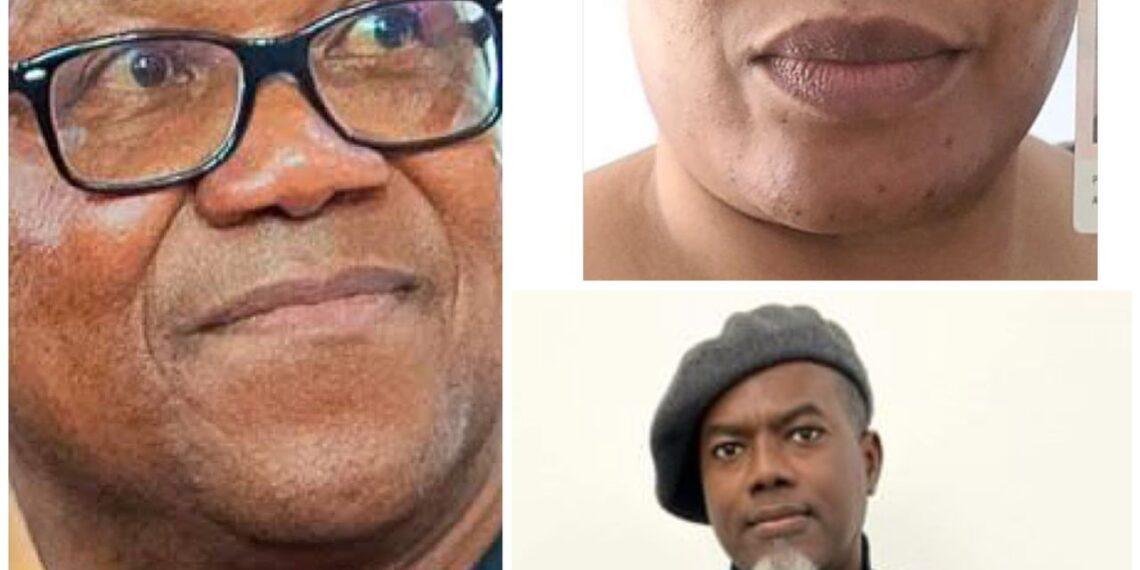Nigerian political commentator Reno Omokri has openly declared his mission to dismantle the Obidient Movement, the group of ardent supporters of Peter Obi, claiming he was instrumental in Obi’s rise to political prominence.
Speaking in an interview with News Central on Thursday, March 27, Omokri asserted that Obi was his personal “project” and credited himself for suggesting the former Anambra governor as Atiku Abubakar’s running mate in the 2019 presidential election under the People’s Democratic Party (PDP).
Omokri did not hold back in his remarks, stating, “I took a vow to destroy that movement because Peter Obi was a project of mine. I was responsible for Peter Obi becoming the running mate to Waziri Atiku Abubakar in 2019. I’ve said this publicly, and I have the documents to support it. I’m a meticulous record keeper.”
His resentment toward the Obidient Movement intensified, he explained, after he and his family became targets of cyberbullying and death threats from Obi’s supporters. He recounted how the attacks initially focused on him but later escalated to his wife and newborn daughter.
Read also: Egbetokun warns police officers against unlawful detentions
“Initially, Peter Obi’s supporters, the Obidients, attacked me, threatened me, and insulted me. While that was acceptable, they eventually escalated their attacks to my family. At that time, I had just had a daughter, and I received multiple death threats,” Omokri revealed.
He expressed frustration over Peter Obi’s silence, claiming that despite reporting the threats, the former Labour Party presidential candidate failed to intervene. Omokri said this inaction fueled his determination to use “whatever political machinery I have to destroy that movement.”
The declaration has sparked heated reactions on social media, with supporters and critics engaging in a fierce debate over Omokri’s claims. While some have accused him of being obsessed with Obi, others argue that he is justified in taking a stand against cyberbullying.
Omokri’s latest comments have reignited conversations about political loyalty, online harassment, and the bitter divisions within Nigeria’s political landscape.





